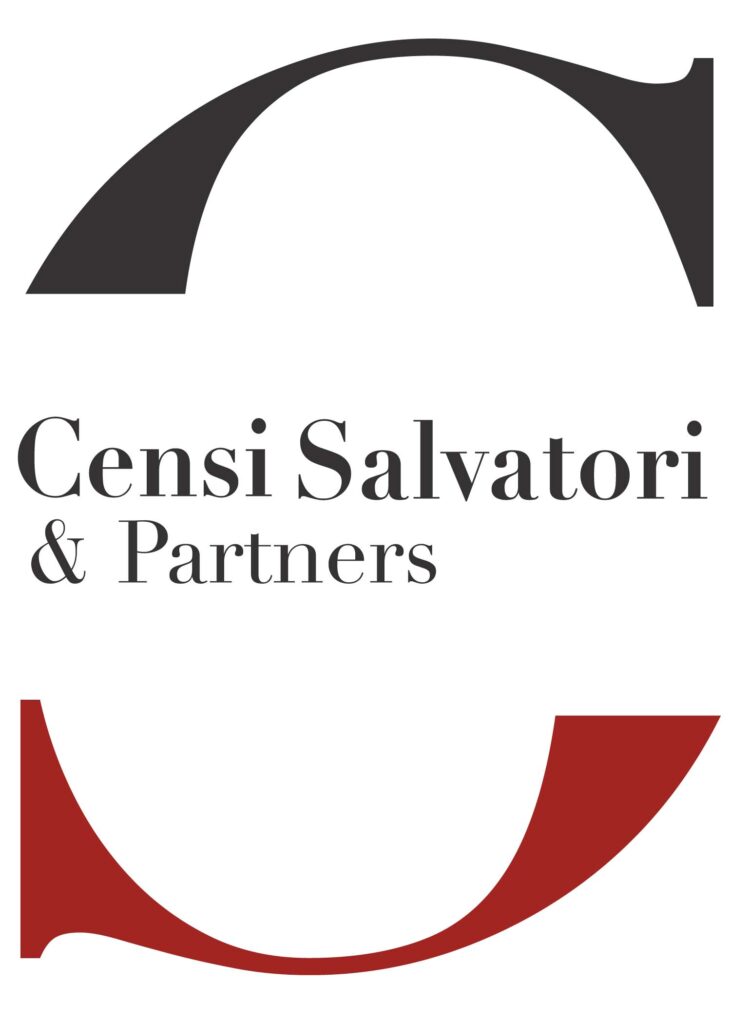The industrial structure of our country has a significant number of family-run businesses, which account for 95% of the overall total and generate about 80% of the Gross Domestic Product. Of these, however, only 5-15% survive to the third generation due to the not always optimal management of generational change. “Today, thanks to the Family Buy Out (FBO), one or more family members can acquire the shares/shares of relatives who intend to leave the corporate structure, monetising their investment,” say Andrea Censi and Marco Salvatori of Studio Censi Salvatori & Partners, highly qualified in corporate, business, tax and labour matters, as well as in Ordinary and Facilitated Finance at national and EU level.
by Roberta Imbimbo
Andrea Censi, founding partner of the firm, what is Family Buy Out?
During the life cycle of a family business, it may happen that one or more members of the family decide to take it over, either due to the lack of interest in the business project by the other members, or due to the possible generational change. The problem that may arise in this case is how to plan the succession in the business and how to find the financial resources needed to liquidate the shares of family members who do not intend to continue the business. A financial instrument that can solve this problem is the so-called Family Buy Out, a declination, in the family sphere, of the Leveraged Buy Out, a technique based on the use of debt for the acquisition of a business and widely used in Anglo-Saxon economies. In a nutshell, this operation allows shareholders interested in the continuation of the business, to purchase the shares of family members who are not interested, resorting to external intermediaries to obtain the funds necessary for the aforementioned purchase, without using their own money but the company’s cash flow.
How?
The family members wishing to continue the activity in the family business (target), set up a company (so-called NewCo), by contributing their shares in the target company or, alternatively, by contributing their own capital. Subsequently, the NewCo asks for financing from third parties (credit institutions/other financial institutions/private equity funds), such as to allow the acquisition of a total or controlling interest in the target company, thus liquidating the family members not interested in continuing the business. The transaction ends with the merger between the New Co and the target company so that the debt goes to the target. The merged company repays the loan received and the associated interest with the cash flows generated by the business.
What advantages does this financial technique offer?
To reduce business income (and thus business taxation) due to the effect of the interest on the FBO debt and, no less importantly, to retain ownership and management of the business within the family unit. Lastly, it allows the transaction to be planned in the hands of the natural person shareholders, as it allows them to minimise the tax impact on any capital gains realised by using franking on shares held by natural persons. In this context, it is very important to turn to a team of experienced professionals who have the necessary skills to manage the complexity of the operation.
Marco Salvatori, founding partner, your firm is also highly qualified in Facilitated Finance. What does this involve?
We have been accompanying companies for more than 30 years in the area of ‘Facilitated Finance’, meaning by this expression the set of financial instruments used by the legislator to foster the competitiveness and development of companies, but also to support the creation of new businesses. It is therefore a key element of national industrial policy, representing one of the most important stimuli for the entrepreneurial ecosystem. These financial measures – which are undertaken at EU, national, regional or even local level – can be of various types: non-repayable grants to be understood as monetary disbursements that are not subject to an obligation of repayment; tax credits, again in the form of non-repayable grants, which make it possible to offset tax and social security debts; subsidised or zero-interest loans where reference is made to a form of loan with a variable duration and an interest rate that is far below market rates; guarantee account interventions, understood as the granting of guarantees generally for public financing.
With regard to this specific area of expertise, what are the distinctive features of your consultancy approach?
The firm’s activity aims to respond to the concrete need for consultancy on business incentives by analysing, in relation to individual business needs, the possible forms of facilitation aimed at the creation of new companies or their growth, investment support, research and technological innovation, digitisation of the production process or commercial penetration of foreign markets. In addition, following the introduction of the ‘National Recovery and Resilience Plan’ (PNRR) – a strategic document that defines the investment and reform programme that the Italian Government has drawn up to tackle the crisis caused by the Covid19 pandemic and support the relaunch of the country’s economy – the Firm assists public bodies in providing information, guidance and assistance on non-repayable financing opportunities reserved for them. In this context, contributions dedicated to investments in the green deal, circular economy, digital platforms, cybersecurity, etc. take on particular relevance. The firm assists its clients at 360 degrees, at all stages of the process of access to public funds through constant monitoring of the facilitation rules and calls for tenders; analysis of the characteristics of the companies and feasibility studies for the purpose of verifying the main requirements for access to facilities assistance in the formalisation of the investment plan and economic-financial prospectuses; the definition and preparation of the technical and administrative documentation required to obtain subsidies; the preparation of the project, forms and application for subsidies; support during the preliminary investigation phase; interim and final project reporting. Thanks to the experience and professionalism gained over many years of activity, it is therefore able to maximise custumer satisfaction with high-profile consultancy.

For further information www.censisalvatori.it.






















































